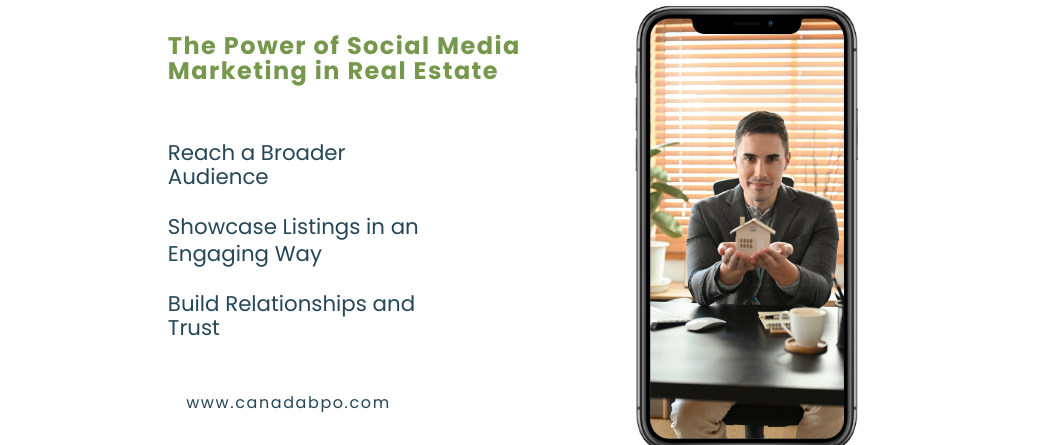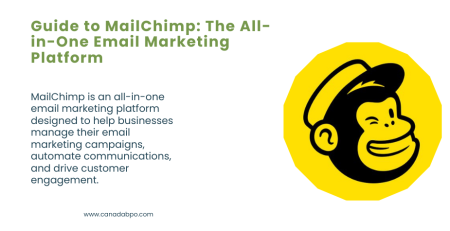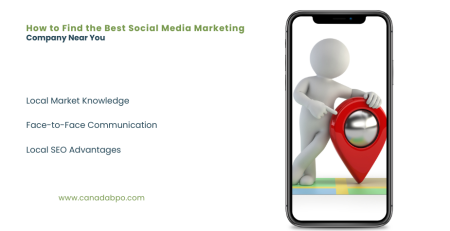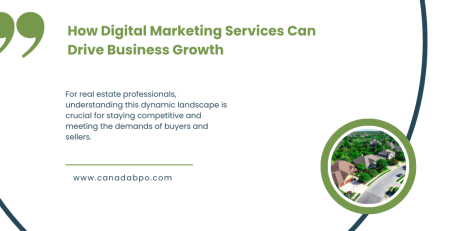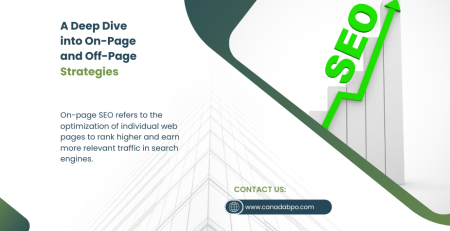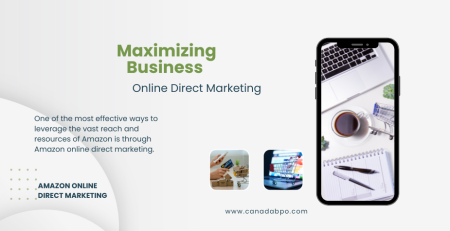Real estate agents and firms must adopt innovative marketing strategies to remain competitive. Social media marketing has become one of the most effective tools for real estate professionals to reach a wider audience, engage potential clients, and build a powerful personal or company brand.
Social media platforms such as Instagram, Facebook, LinkedIn, and YouTube offer endless opportunities to showcase properties, connect with buyers and sellers, and stay top-of-mind in your market. In this blog post, we’ll dive into the benefits of real estate social media marketing and provide tips on how to leverage it for success.
Why Social Media Marketing Matters for Real Estate
With billions of users across various social platforms, your target audience is already there. Whether they are casually browsing or actively searching for homes, social media is where you can make a meaningful connection.
1. Reach a Broader Audience Social media allows real estate agents to expand their reach beyond traditional marketing methods. By creating and sharing valuable content, agents can attract potential buyers and sellers from different demographics, including younger generations who are increasingly using online platforms to search for homes.
2. Showcase Listings in an Engaging Way Social media platforms, particularly visual-centric ones like Instagram and Facebook, provide an excellent way to showcase property listings. Through high-quality images, videos, virtual tours, and even live broadcasts, you can offer prospective buyers an engaging, in-depth look at your listings without them ever leaving their homes.
3. Build Relationships and Trust Social media marketing isn’t just about selling homes — it’s about building relationships. Consistent posting, responding to comments, and engaging with your audience can help you develop trust with potential clients. By sharing useful content and industry insights, you position yourself as a knowledgeable and approachable expert in the real estate market.
4. Cost-Effective Marketing Compared to traditional advertising methods, social media marketing can be much more cost-effective. Paid ads on platforms like Facebook and Instagram allow you to target specific audiences based on demographics, location, and behavior, ensuring your budget is well spent on the right people. Even organic posts can generate considerable traction if done consistently.
Top Social Media Platforms for Real Estate Marketing
Different platforms offer unique ways to engage with your audience. Here’s a breakdown of how to use some of the most popular platforms for real estate social media marketing:
1. Instagram
Instagram is perfect for showcasing beautiful property photos, short videos, and Stories. The platform’s visual nature allows you to highlight the best features of a home or neighborhood. Use Instagram Stories for quick updates or virtual tours, and leverage Instagram Reels for short, catchy videos.
- Post high-quality images of your listings: Make sure to show properties in the best light by hiring a professional photographer.
- Use Instagram Stories and Highlights: Showcase home tours, behind-the-scenes footage, or client testimonials.
- Leverage hashtags: Include relevant hashtags like #RealEstate, #NewListing, and location-specific tags like #NYCRealEstate or #LAHomes.
2. Facebook
Facebook offers both organic and paid options for reaching potential buyers and sellers. Create a dedicated Facebook page for your real estate business to post listings, market updates, and client testimonials. Facebook’s advertising tools are powerful, enabling you to run targeted ads for specific neighborhoods or demographic groups.
- Share posts about new listings, market updates, and neighborhood highlights.
- Engage in local Facebook groups: Offer advice and share listings in relevant community groups.
- Run Facebook Ads: These allow you to target specific demographics, behaviors, and even retarget people who have visited your website.
3. LinkedIn
LinkedIn is a professional network, making it a valuable platform for connecting with other industry professionals, real estate investors, and potential high-end clients. Use LinkedIn to share market insights, real estate trends, and professional accomplishments.
- Post market insights and professional achievements: Establish yourself as a real estate expert.
- Connect with other professionals: Build a strong network of mortgage brokers, real estate attorneys, and home inspectors.
- Use LinkedIn Groups: Engage with other professionals in real estate-focused groups.
4. YouTube
Video content is crucial in real estate marketing, and YouTube is the go-to platform for long-form videos. Virtual tours, client testimonials, and in-depth property walk-throughs can be uploaded to YouTube, where you can attract potential clients searching for homes.
- Create virtual property tours: These videos give buyers a feel for the property from the comfort of their own homes.
- Share tips for buyers and sellers: Position yourself as a trusted advisor by providing helpful advice.
- Optimize your videos with keywords: Include real estate-related terms in your titles, descriptions, and tags to increase discoverability.
How to Create an Effective Real Estate Social Media Strategy
Success on social media requires more than just posting listings. You need a well-thought-out strategy to engage your audience, build your brand, and drive leads.
1. Post Consistently
Consistency is key when building a presence on social media. Develop a content calendar that outlines what you will post and when. Regularly scheduled posts help keep your audience engaged and ensure your profile remains active.
2. Provide Value
Don’t make every post a sales pitch. Share market insights, home-buying tips, mortgage advice, and neighborhood features. Providing valuable information will establish you as a trusted resource.
3. Engage with Your Audience
Engagement is a two-way street. When someone comments on your post, respond to them. Whether they have a question or are simply complimenting a property, engaging with followers shows that you care about building relationships.
4. Use Visuals Wisely
Real estate is a highly visual industry, so make sure to use high-quality photos and videos. Virtual home tours, drone footage, and professional photography can go a long way in attracting buyers and sellers.
5. Leverage Paid Advertising
While organic reach is essential, social media platforms also offer robust advertising options. Use targeted ads on Facebook and Instagram to promote your listings, open houses, and services to a highly specific audience.
Social media marketing for real estate has become a necessity rather than an option. With the right strategy, real estate agents and firms can significantly expand their reach, attract more leads, and build stronger relationships with clients. By leveraging platforms like Instagram, Facebook, LinkedIn, and YouTube, you can showcase properties in creative ways, establish yourself as a trusted expert, and ultimately drive more sales.
